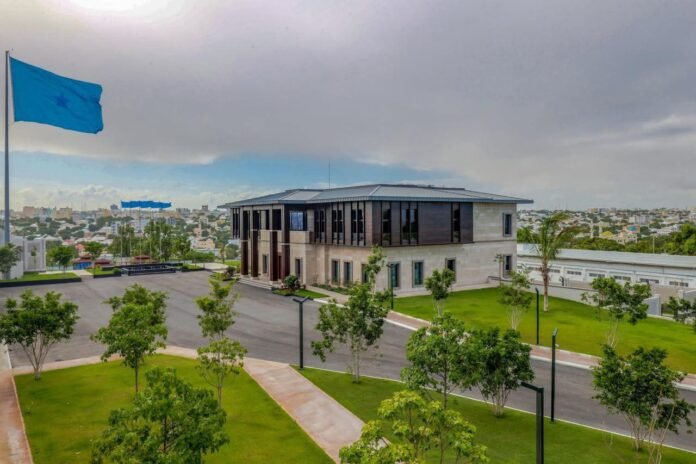MOGADISHU, Somalia – Somalia is entering a period of growing uncertainty as political divisions, renewed militant activity, and a sharp decline in international aid converge to threaten fragile state-building progress, according to a new report by the International Crisis Group (ICG).
The report, released this week, warns that the country’s political and security environment is rapidly deteriorating ahead of the 2026 national elections.
Political Rift Deepens Over Electoral Reform
At the center of the current crisis is the Federal Government of Somalia’s plan to replace the clan-based indirect electoral system with a one-person, one-vote model.
While this shift is seen as a vital step toward democratization, it has triggered intense opposition from key regional leaders, including those from Puntland and Jubaland, as well as major opposition figures.
Critics argue that the plan risks centralizing power in Mogadishu and marginalizing regional states, calling the proposed timeline unrealistic given Somalia’s limited security and institutional capacity.
“The Federal Government’s efforts to implement direct elections without broad consensus have triggered a political standoff that is paralyzing progress and distracting from national security priorities,” the ICG report notes.
Al-Shabaab Regains Ground Amid Political Paralysis
The political deadlock has had immediate consequences on the battlefield.
The ICG warns that Al-Shabaab—the al-Qaeda-linked insurgent group—has exploited the disunity to regain control of key territories previously liberated during 2022–2023 military operations.
“Terrorist attacks have intensified, particularly in the Middle Shabelle and Hiraan regions,” the report says. “Al-Shabaab has retaken significant towns and strategic areas, capitalizing on the disorganization among Somali forces and their allies.”
Despite years of support from international partners, the group remains resilient and continues to pose a major threat to national and regional stability.
International Aid Declines Sharply
Somalia’s challenges are compounded by a steep reduction in foreign assistance.
The ICG report reveals that U.S. aid has dropped from $770 million in 2024 to just $150 million in 2025—an 80% reduction.
Similarly, the European Union has scaled back its funding to the African Union Transition Mission in Somalia (ATMIS), which is set to withdraw by the end of 2024.
The funding cuts are attributed to donor fatigue, global crises, and concerns over corruption, but analysts warn they could reverse hard-won gains and weaken Somalia’s security forces.
ICG Urges Renewed Global Engagement
The International Crisis Group is urging Somalia’s partners to reengage diplomatically and financially to prevent a return to widespread instability.
Key ICG Recommendations:
Promote political dialogue between the Federal Government and regional states to reach consensus on electoral reforms.
Reinforce Somali-led security operations with transitional funding and logistical aid.
Support civil society and electoral bodies to prepare for inclusive, credible elections in 2026.
Maintain humanitarian and development assistance to prevent worsening food insecurity and displacement.
Conclusion: Somalia’s Fragile Future
Somalia stands at a critical crossroads.
While the push for democratic reform is a commendable goal, success will depend on inclusive governance, political compromise, and sustained international support.
Without renewed cooperation, the fragile progress of the past decade could easily be undone by conflict, extremism, and fragmentation.

